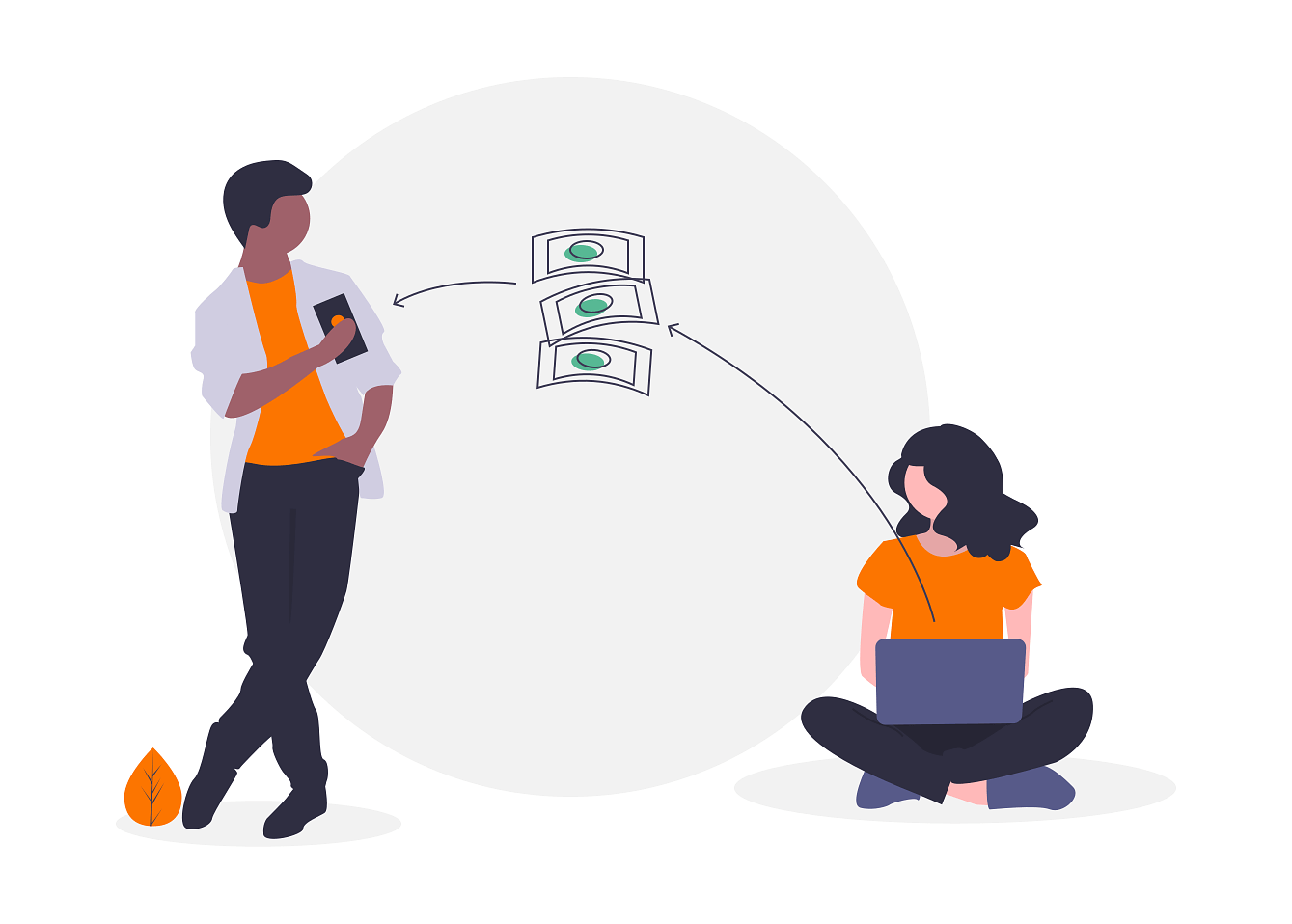36.2 million used cars were sold in the United States in 2022.
That same year, Americans were defrauded of $905 million at the hands of scam artists. That’ a lot of money.
Now, not all of it’s related to car buying scams. But with so many used cars being sold every day, it’s easy to see how such scams could have contributed to the total figure!
And, unfortunately, car sale scams do happen.
In fact, all manner of little tricks are around that can defraud an innocent individual hoping to sell their much-loved car. But what are the common ones? Which car buying scams should you be aware of?
Let us help! Keep reading to learn 7 scams to avoid when selling your car.
7 Car Buying Scams to Avoid at All Costs
Here are 7 common cons that can cost you dearly when selling your car.
1. Fake Checks
A favorite ploy of car buying con artists is to use fake checks to pay for the car.
There are different things to watch out for.
However, the most basic ruse is simply to pay for the car with a fake check. You receive a check for the correct amount and sign over the car. However, it bounces when you go to cash it…because it’s a counterfeit.
In the meantime, the ‘buyer’ has disappeared without a trace. And you’ve essentially given your car away for free.
Another version of the same ruse is receiving a certified bank check. These can offer sellers some security as they’ve been stamped and verified by the bank. However, forgeries are still commonplace.
These clever tricksters might even write the check for more money than your asking price.
The temptation of more money can sometimes be enough to persuade reluctant (sensible) sellers to accept the check and sign over their car, without first checking its validity.
2. The Overpayment Ploy
The overpayment ploy is another favorite among scammers that can involve a check.
In this situation, a fraudulent buyer will send you a check for a sum higher than the asking price. But they’ll get in touch before you get a chance to bank it. They’ll apologize for the overpayment and request, kindly, that you refund the difference.
You do so.
However, when you eventually go to cash the original check you find, of course, that the original it can’t be banked. Depending on the order of events you may still have your car. However, some unlucky individuals lose the car and the money.
If that happens you’re essentially paying someone to take your car.
3. False Escrow Services
An escrow service is (usually) a useful way to ensure a smooth sale between buyer and seller.
Essentially, a buyer pays this service, rather than the seller directly. When the seller releases the item (whatever it may be) to the buyer, they receive the money. It’s a way for a buyer to ensure receipt of their goods. And, in the end, both parties get what they want.
However, scammers have been known to suggest the use of fake escrow services. You agree to use the service and receive a message informing you the money has been received. You sign over the car.
And then, strangely, the escrow service no longer exists! There was never any money, and you’ve lost your car. Be sure to only employ reputable escrow services.
4. Paypal Problems
PayPal’s prime territory for fraudulent buyers.
The scam works in the following way. You’ve set up a listing online and receive enthusiastic interest from a buyer. However, for whatever reason, they can’t come to see the car and offer to pay you via PayPal.
But they need you to set up a PayPal account. You do so. They ask for your PayPal email address. You send it. Sometime later you receive an email from ‘PayPal’ saying the money’s in your account. You ship the car.
However, it was all a ruse; the message from ‘PayPal’ was a well-put-together fake. And you just lost your car.
5. The Reseller Swindle
You’ve just listed your vehicle and get contacted by someone claiming to be a reseller.
They inform you that, for an upfront fee, they can put you in touch with an interested buyer. You’re intrigued. The ‘reseller’ claims your car’s worth more than you’ve asked for it, and that the potential buyer will pay the reseller fee anyway.
You send over the money. But no buyer exists and you’re a few hundred bucks down. At least you still have the car though!
6. False Swaps
The false swap is another common trick up a con artist’s sleeve.
You’ll be approached by someone interested in your car. However, rather than pay you for it, they’ll suggest you trade cars. And, what do you know, the car they’re offering you is a much fancier, more expensive model.
It’s an easy trade, right? You swap the car you wanted to sell for something even better.
Be wary though. In these cases, the proffered car is often stolen, salvaged, or damaged in some serious way. It isn’t in your interest to trade.
7. Multiple Test Drivers
Be wary when selling your car in person.
Nine times out of ten you’ll deal with a legitimate, lovely person. However, on the odd occasion, you’ll meet someone up to no good.
You should exercise caution when the buyer comes to purchase the car with someone else there. They may ask to test drive the car. Again, it could be an honest request.
But it has been known for multiple drivers to simply drive off with your car and never come back. Or, if you’re in the car too, the second individual could threaten you, while the other’s driving: let them have the car, or suffer the consequences.
Bonus: the ‘Expert’ Undervalue
Here’s one final scam we thought you should know about.
A buyer may come to inspect your car with an ‘expert’ with them.
This individual will pose as a mechanic (they may actually even be a mechanic), and, following a lengthy inspection, tell you it’s worth less than the asking price.
It’s easy to be taken unawares and agree to sell the car for a much-diminished price. Of course, the buyer could then go on to sell it for a much higher value, making a tidy profit in the process.
Avoid this con by getting your car looked over by an honest tradesman first. Be sure to know the condition of your car upon selling it.
This way you’ll know when someone’s trying to swindle you.
Time to Wrap Up
There you have it: 7 common car buying scams (with one bonus con!) to avoid at all costs!
Selling your car can be a stressful business. Especially when you know of the scams that can happen! However, knowing the potential scams is the only way to protect yourself from falling for one.
Keep your eyes open for fake checks, overpayment, false escrow services, dodgy PayPal emails, fraudulent resellers, ‘too-good-to-be-true’ swaps, and multiple test drivers.
Hopefully, with these tips in mind, you’ll be far less likely to suffer at the hands of scammers!
Are you thinking about buying a car? If so, be sure to check out our handy guide to see if you should purchase one new or used.



